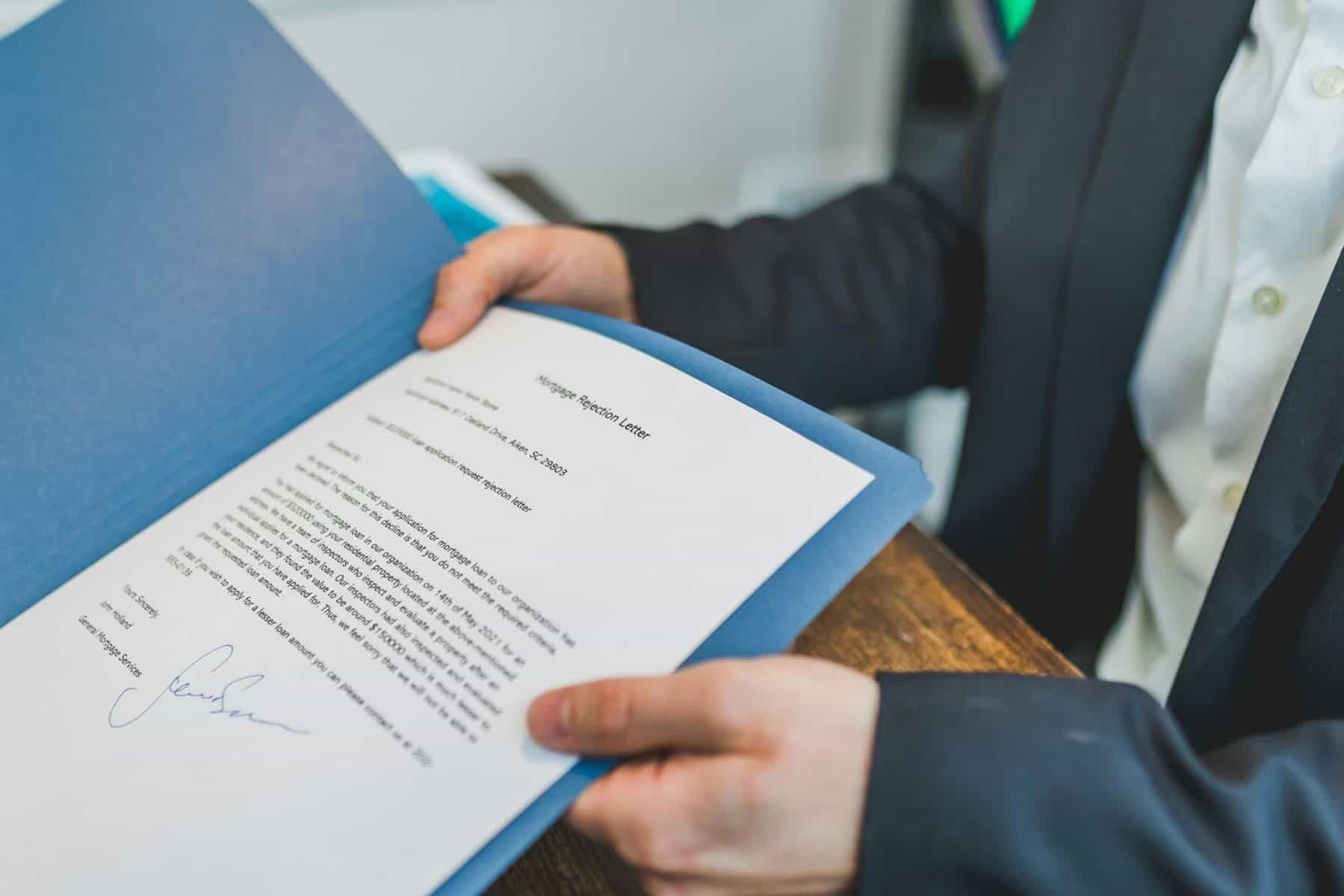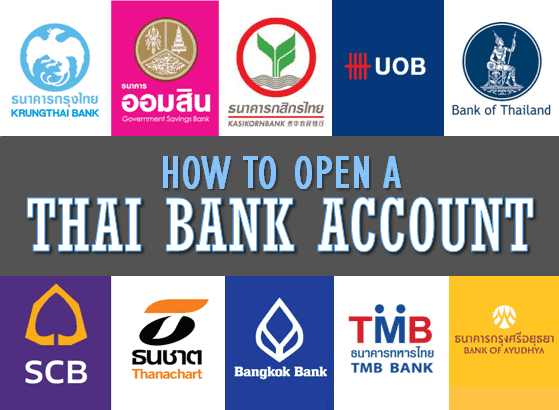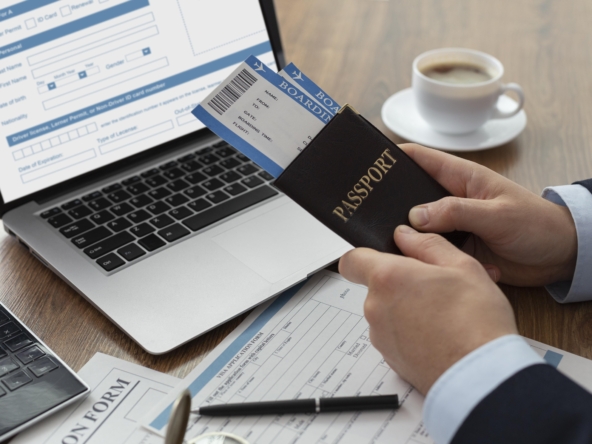A Comprehensive Guide
Leasehold ownership in Thailand is a popular option for foreign investors seeking to own property, especially land, without the complexities of freehold ownership restrictions. This arrangement provides a flexible and accessible way to invest in Thai real estate. Below, we delve into the intricacies of leasehold ownership, its benefits, regulations, and practical considerations.
What is Leasehold Ownership?
In a leasehold arrangement, a foreigner can lease land or property for a specified period—typically up to 30 years—with options for renewal. This allows foreign nationals to use and develop property while avoiding the restrictions placed on land ownership.
Key Features of Leasehold Ownership
- Lease Duration: Leasehold contracts can be set for a maximum of 30 years, but they often include clauses that allow for renewal. Many lease agreements can be renewed for an additional 30 years, although this is not guaranteed and should be clearly stated in the contract.
- Legal Framework: Leasehold ownership is governed by the Civil and Commercial Code of Thailand. It outlines the rights and obligations of both the lessor (landowner) and the lessee (tenant).
- Property Types: Leasehold agreements can apply to various types of properties, including residential homes, commercial buildings, and land. This flexibility makes it an attractive option for investors in different sectors.
Benefits of Leasehold Ownership
- Accessibility for Foreigners: Leasehold arrangements provide a viable alternative for foreigners who wish to secure property in Thailand. Given that foreign ownership of land is prohibited, leasehold offers a pathway to investment.
- Lower Initial Investment: Purchasing land outright in Thailand can require significant capital. Leasehold agreements typically require a lower initial outlay, allowing investors to allocate funds to development or other investments.
- Flexibility: Leasehold ownership allows for a degree of flexibility, especially for those who may not wish to commit long-term. Investors can assess the property’s performance and decide on renewal based on their experiences.
- Easier Development Options: For expatriates looking to build a home or develop property, leasehold ownership simplifies the process. Investors can create personalized spaces without needing a Thai partner for land ownership.
Practical Considerations
- Due Diligence: Conducting thorough due diligence is crucial before entering a leasehold agreement. Verify the landowner’s title, ensure there are no encumbrances on the property, and understand the local zoning laws.
- Legal Assistance: Engaging a local attorney with experience in leasehold agreements is highly recommended. They can help draft the lease, ensure compliance with Thai laws, and protect your interests throughout the process.
- Negotiating Terms: Clearly outline the terms of the lease, including duration, renewal options, maintenance responsibilities, and any restrictions on property use. Clarity in these terms can prevent disputes in the future.
- Ongoing Costs: Understand the financial commitments involved, including annual lease payments, property taxes, and maintenance fees. These costs can vary significantly depending on the property and location.
- Cultural Considerations: Familiarize yourself with local customs and practices. Building good relationships with the lessor and neighboring communities can enhance your experience as a leaseholder.
Conclusion
Leasehold ownership in Thailand offers a strategic opportunity for foreign investors to engage in the local real estate market without the complexities associated with freehold ownership. With its accessibility, flexibility, and lower initial investment requirements, leasehold arrangements can be particularly appealing for those looking to develop property or enjoy a residence in Thailand.
However, as with any real estate investment, thorough research, professional legal assistance, and clear contract terms are vital to ensure a successful and rewarding experience. By understanding the nuances of leasehold ownership, investors can navigate the vibrant Thai property landscape with confidence and clarity.
Check out Properties in Thailand




